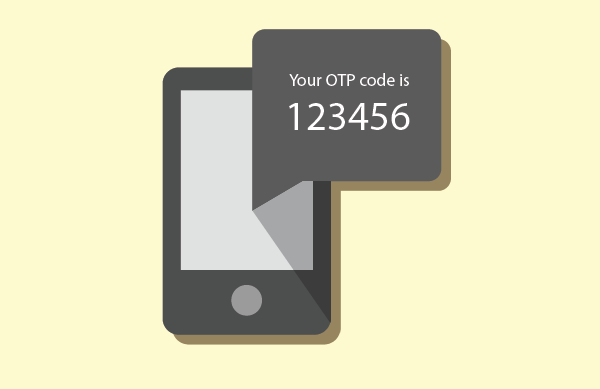The Impact of SMS Verification on Online Security and Privacy
Introduction:
In today's digital landscape, where personal information and online security are paramount concerns, businesses and individuals are increasingly turning to SMS verification as an essential tool for enhancing security and protecting privacy. This article explores the impact of SMS verification on online security and privacy, highlighting its benefits and potential challenges.
Enhancing Online Security:
Two-Factor Authentication (2FA):
SMS verification serves as a vital component of two-factor authentication (2FA), which adds an extra layer of security to online accounts. By requiring users to enter a verification code sent via SMS in addition to their passwords, 2FA significantly reduces the risk of unauthorized access. It acts as a barrier against cybercriminals attempting to breach accounts using stolen credentials.
Verification of User Identity:
SMS verification plays a crucial role in verifying the identity of users during online transactions, account registrations, or password resets. By sending a unique code to a user's registered phone number, businesses can ensure that the individual attempting to access the account or complete a transaction is the legitimate owner.
Mitigating Account Takeovers:
Account takeovers are a significant concern for online platforms and users alike. By leveraging SMS verification, service providers can detect suspicious login attempts and potential unauthorized access. SMS verification acts as an additional hurdle for attackers, making it more difficult for them to gain control of user accounts.
Protecting Privacy:
Confidential Communication Channel:
SMS verification provides a secure and confidential channel for transmitting sensitive information. Compared to email or other digital communication methods, SMS messages are less susceptible to interception or phishing attacks. The one-time verification codes sent via SMS are encrypted and intended for the recipient's eyes only.
Minimal Data Sharing:
SMS verification typically requires minimal personal information, usually limited to the user's phone number. This reduces the amount of personal data shared during the verification process, minimizing the risk of data breaches or misuse.
User Consent and Control:
SMS verification often requires user consent before sending any messages. Users have the freedom to choose whether they wish to receive SMS verification codes or opt for alternative verification methods. This provides individuals with control over their privacy and allows them to make informed decisions regarding their personal information.
Challenges and Considerations:
SIM Swapping Attacks:
One challenge associated with SMS verification is SIM swapping, where attackers fraudulently obtain control of a user's phone number. This can potentially allow them to intercept verification codes and gain unauthorized access. Service providers must implement additional security measures to mitigate this risk effectively.
Dependence on Mobile Networks:
SMS verification relies on the availability and reliability of mobile networks. In areas with limited connectivity, users may face challenges in receiving verification codes promptly. Service providers should consider alternative verification methods to accommodate users in such situations.
Conclusion:
SMS verification has a significant impact on enhancing online security and protecting user privacy. Its role in two-factor authentication, identity verification, and mitigating account takeovers cannot be overstated.
By leveraging SMS verification, businesses can bolster their security measures and provide users with a sense of trust and confidence. However, it is essential to address the challenges associated with SMS verification and adopt additional security measures to ensure its effectiveness in an ever-evolving digital landscape.




0 Comments